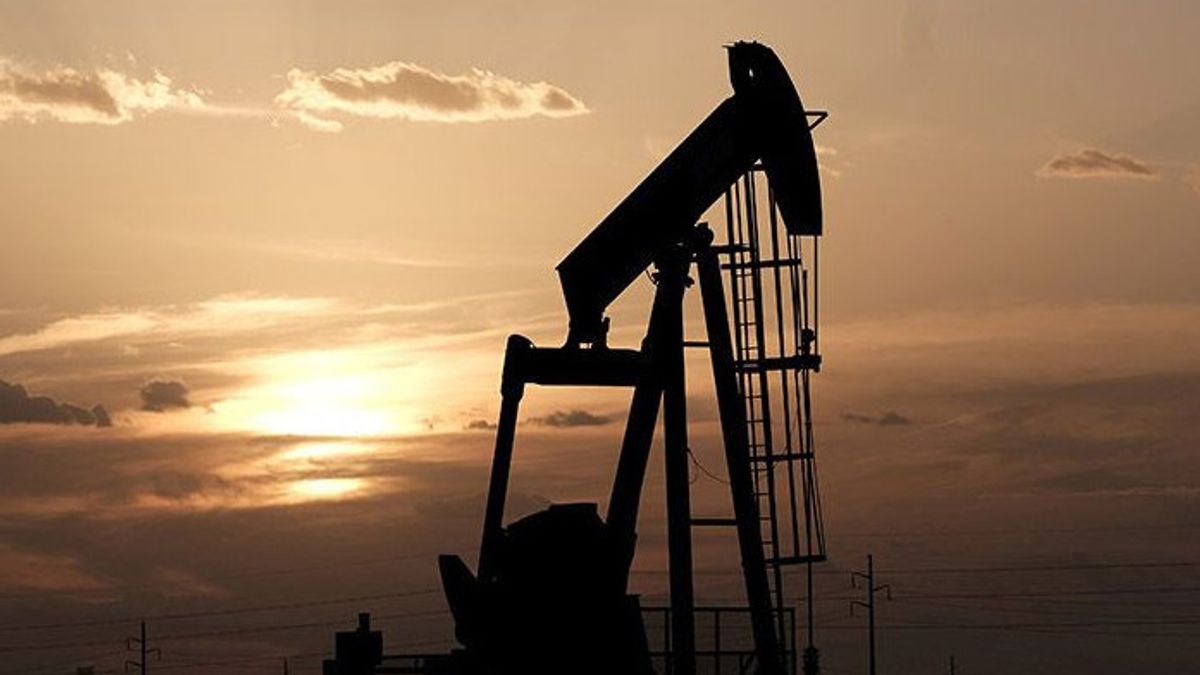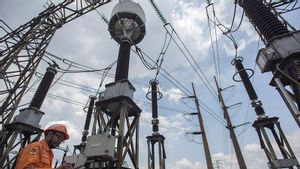JAKARTA - Oil prices rose in late trading Thursday (Friday, November 19, WIB), after dropping to six-week lows as investors wondered how much crude oil major economies would release from their strategic reserves. Investors are also wondering how much that will ease the pressure on global crude demand.
Brent crude futures for January delivery rose 96 cents, or 1.2 percent, to settle at $81.24 per barrel. Brent briefly fell to a session low of 79.28 dollars a barrel, its lowest since October 7.
U.S. West Texas Intermediate (WTI) crude futures for December delivery closed 65 cents, or 0.8 percent, higher at 79.01 dollars a barrel. WTI also briefly fell to a session low of 77.08 dollars, its lowest since early last month.
Prices fell to six-week lows earlier in the session as China said it was moving to tap into its oil reserves. On Wednesday, November 17, Reuters reported that the United States asked major consuming countries to consider releasing their stockpiles to lower prices.
Washington's bid to cool markets, asking China to join in coordinated action for the first time, comes as high gasoline prices and other inflationary pressures have sparked a political backlash.
"Japan and South Korea have shown resistance to releasing their oil reserves, so we're going to go back up a bit," said Phil Flynn, senior analyst at Price Futures Group in Chicago. "Markets will continue to be nervous, as they are wary of the release."
A release, albeit only from the United States and China, is likely to push prices lower at least temporarily.
In October, prices hit a seven-year high as markets focus on a quick rebound in demand as more people receive COVID-19 vaccinations and lockdowns are lifted.
Prices rose after demand rose and the Organization of the Petroleum Exporting Countries and its allies, called OPEC+, decided to increase production slowly.
The International Energy Agency and OPEC have said more supplies will be available in the coming months, but Washington has been pressing for a faster move.
SEE ALSO:
The proposed release of reserves is an unprecedented challenge for OPEC, as it involves major importer China.
China's state reserves bureau said it was working on releasing crude reserves although it declined to comment on the US request.
A Japanese industry ministry official said the United States had asked for Tokyo's cooperation in dealing with higher oil prices, but that Japan could not legally use the release of reserves to lower prices.
A South Korean official said he was reviewing a US request for Seoul to release some of its oil reserves, but added his country could only release crude in the event of a supply imbalance.
The English, Chinese, Japanese, Arabic, and French versions are automatically generated by the AI. So there may still be inaccuracies in translating, please always see Indonesian as our main language. (system supported by DigitalSiber.id)













